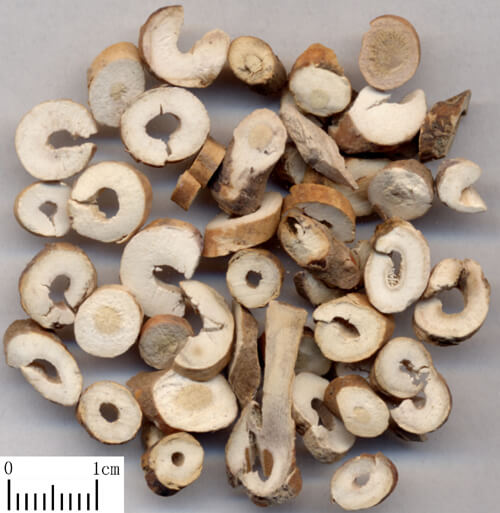The Effects of Paeonol On Your Health Know the Benefits
The Paeonia suffruticosa, better known as tree peony, grows indigenously in Asia and has been in use for centuries in traditional Chinese medicine for its wide range of action on the different systems of the body, notably on the heart, liver and kidney. Tree peonies are flowering woody shrubs of the family Paeoniaceae with large colorful flowers that have a fragrant scent. Tree peonies have been cultivated in China for millennia; however the flower grows only when other flowers are not in bloom. The spectacular flowers and the royal attitude of the unassuming plant earned it the title ‘king of flowers’ in China. Once the national flower of China, during the Qing dynasty (1644-1911), it still remains an important part of Chinese culture and has now gained wide distinction for its medicinal values even outside China. In China the tree peony is a symbol of wealth and good fortune.
In historical times peonies were used as ornamental plants largely because of the striking flowers and its fragrant smell. The petals of the flowers were used as salad dressing and made into sauce to flavor food. Petals were also used to distill wine. However the root bark of the plant, called Mu Dan Pi, was used in traditional Chinese medicine since early history. Its medicinal values have not only been used in China but also in Korea, Japan and other Asian countries. By the beginning of the eight century peony had spread to Japan and now Japan is a major producer of peonies. In the western world, peonies were cultivated in Europe for their medicinal values until much later when it became popular for its ornamental values.
The tree peony is said to contain as much 260 different chemical compounds including flavonids, glucosides, tannins, triterpenoids, paeonols and phenol to name a few. The triterpenoids are what gives both the peony and gynostemma their anti-oxidant properties. One of the more important of these compounds is the paeonol. Paeonol is a phenolic compound found in peonies which have shown remarkable biological effects in vitro and in animal studies. The peony is known for its anti-inflammatory and analgesic effects. Paeonol is also known to have shown anti-tumor activities in mice but more conclusive human study is required on this effect. Peonies were used in traditional medicine for their remarkable qualities as anti-oxidant, anti-pathogenic or analgesic. The plant is also said to boost the immune system and act on the nervous system and the cardiovascular system.
The cortex moutan or the root bark of the plant is the main medicinal part of the plant. The extract from the root bark can be taken as tea or hot water infusion. The tea has a bitter taste and cold nature. The paeonol present in the infusion is known to regulate coronary, renal and cerebal blood flow. The paeonol together with glucosides give the peony its anti-inflammatory effects which is helpful in treating pain, swelling and fever. The cold nature of the tea helps to relax blood vessels and cool the blood. Several studies have shown the plant to affect the nervous system. It can ease pain by calming nerves and relieve muscle spasms.
The paeonol obtained from the peonies have incredible balancing effects on the cardiovascular system. It can increase cerebral and coronary blood flow when required and lower blood pressure. The extract can also reduce cardiac output and inhibit blood coagulation thus leading to healthy blood circulation. Drinking the tea or infusion can help prevent cardiovascular stress or illness. The peony also inhibits many pathogens and can be coupled with rhubarb to heal nose bleed and prevent hematemesis (vomiting of blood).
A March 2010 study published in “Phytomedicine” shows the anti-oxidant effects of peony on diabetic induced mice. The anti-oxidant effects lower blood sugar level and scavenges on free radicals in the body to keep it diabetes free. Paeonol also improves liver and kidney health by lowering renal tubule injury and protecting the liver from inflammation.
Growing mainly in Asia, parts of Europe and North America, the peony is one of the most versatile shrubs on earth. While the big striking flowers provide ornamental value, the root bark of the plant is loaded with natural compounds which have vast medicinal effects on the body.



 Healthier Future
Healthier Future